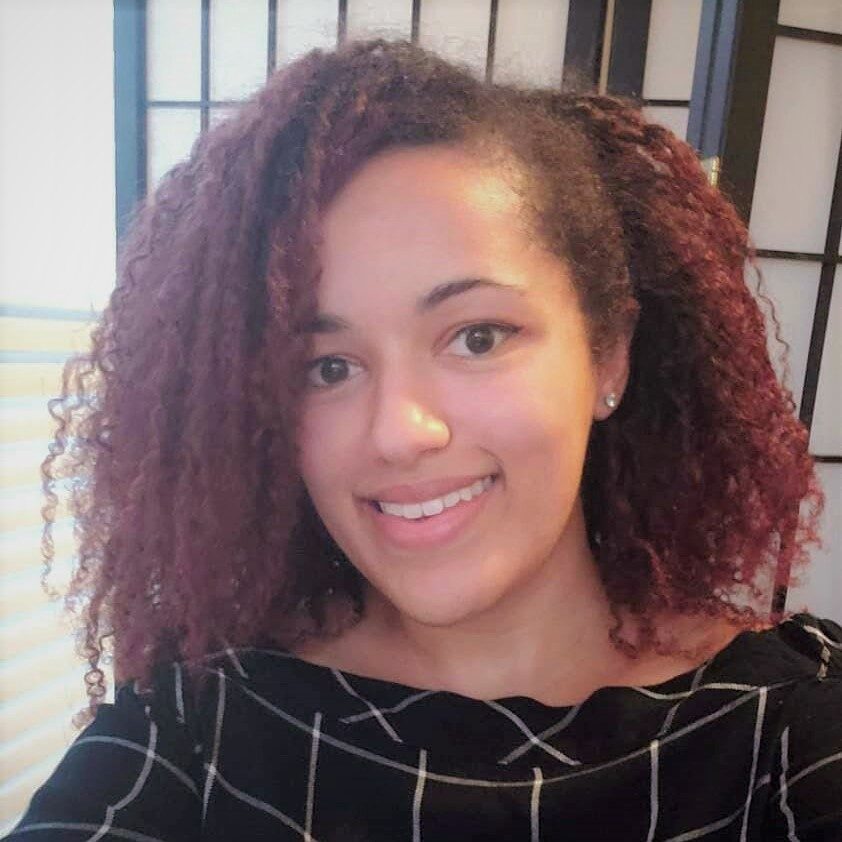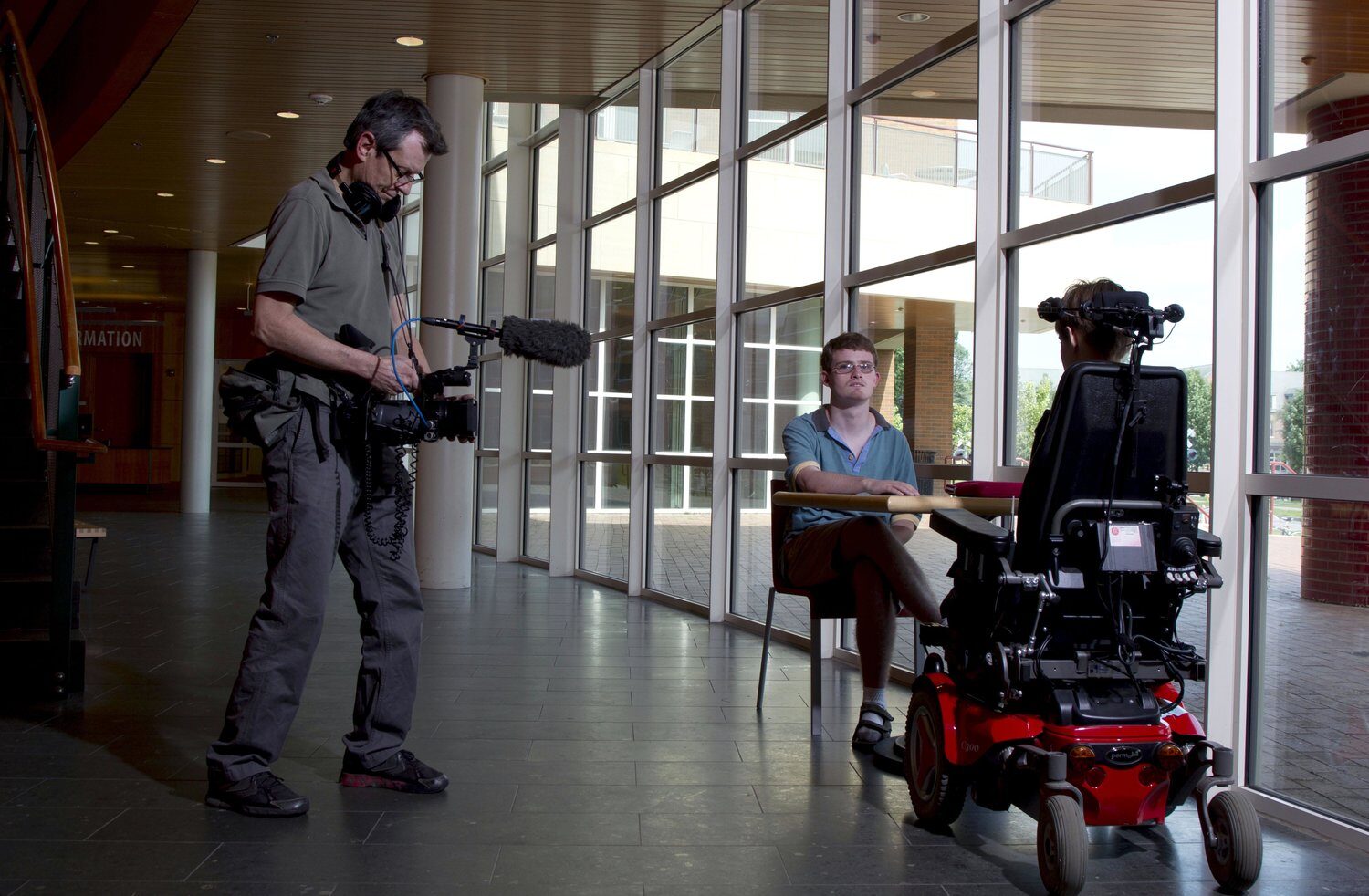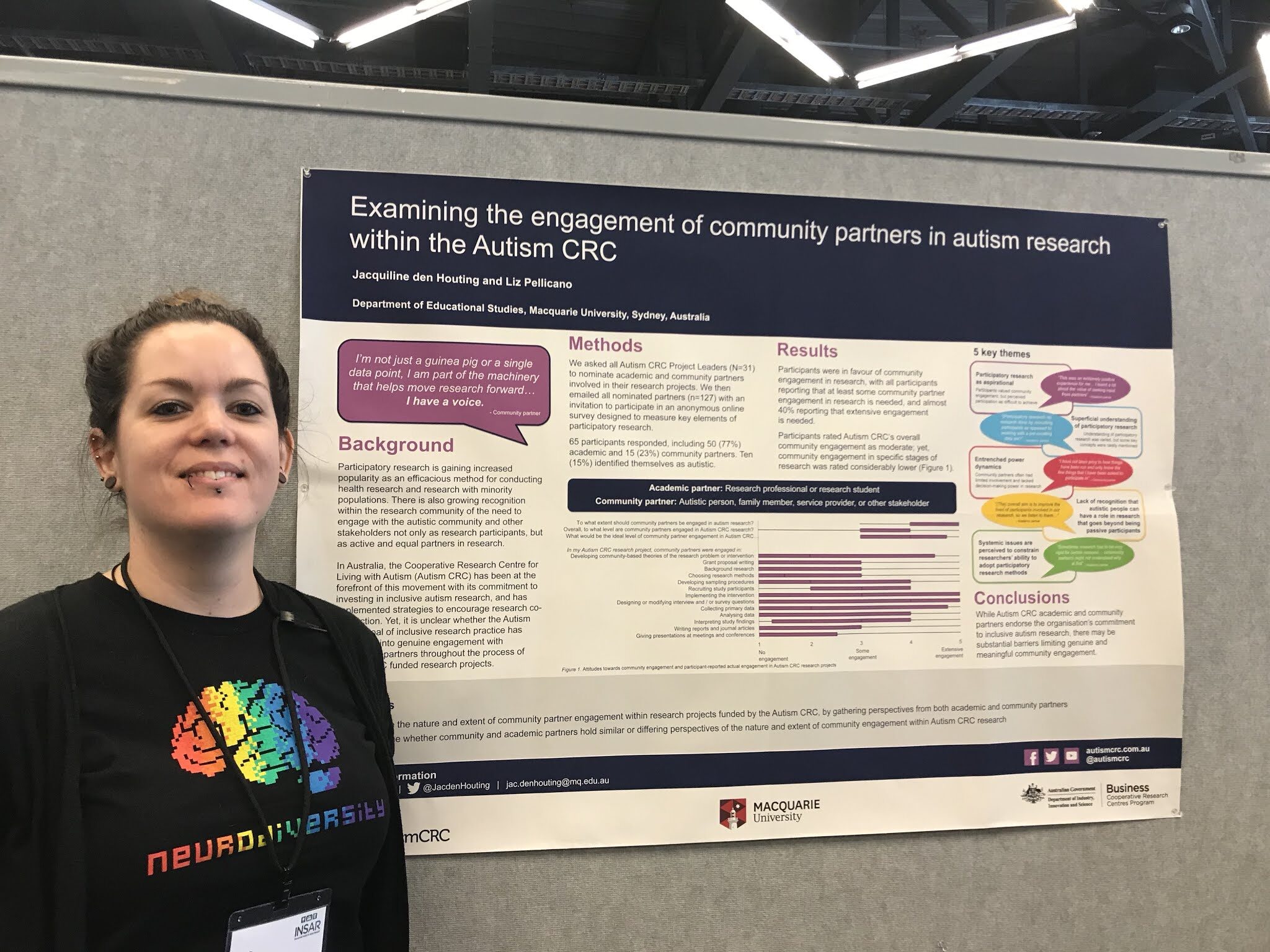Non-autistic people harbor assumptions about autistic people, whether they’re aware of them or not. And those biases can get in the way of autistic people being included both socially and professionally. We talked with Desi Jones, a Doctoral Student at the University of Texas at Dallas, whose recent paper Effects of autism acceptance training on explicit and implicit biases toward autism examines how autistic acceptance efforts both succeed and fail in addressing stereotypes about autism, and what this means. We also discussed her work on structural racism in autism research, and how institutions can do better by their autism researchers of color—and why that doesn’t merely mean recruiting more POC. Photo courtesy Desi Jones [image: Desi Jones, a smiling Black woman with curly shoulder length purple-tinged hair.] TPGA: Can you tell us about your background, and what drew you to autism research? Desi Jones: I double majored in Neuroscience and Psychology…
Tag: bias
[image: Production photo of David Jame Savarese (Deej), a thin white male with short, cropped hair and glasses, wearing a light blue polo shirt and beige slacks, seated at a table facing his girlfriend who is seated in a power chair back to us, facing him. A man holding a camera is standing to their left and caught in the act of filming them. ©DEEJ movie www.deejmovie.com/press] Kerima Çevik theautismwars.blogspot.com “A distinguishing feature of scientific thinking is the search for falsifying as well as confirming evidence. However, many times in the history of science, scientists have resisted new discoveries by selectively interpreting or ignoring unfavorable data.” Wikipedia on Confirmation Bias I understand that professionals who aren’t familiar with autism and autistic lived experience may carry biases about non-speaking autistic people. I don’t accept it, but I understand it. We’re human and all of us have biases. When bias becomes a…
Shannon Rosa Senior Editor The TPGA team attends INSAR, the annual meeting of the International Society for Autism Research, annually and has done so for eight years. We participate as journalists covering important autism research for our community, and also from our combined personal investments as parents of high-support autistic teens, autistic self-advocates, and autism professionals. I found INSAR 2019 to be the most progressive annual INSAR meeting since I first started attending in 2011, going by TPGA’s priorities of spotlighting research addressing the health and well being of existing autistic people, centering improved autistic quality of life as an optimal outcome, and increasing and acknowledging participation of autistic people themselves. I also appreciate seeing an increasing emphasis on autistic people and their families’ day-to-day under-recognized concerns, including co-occurring conditions like GI issues and sleep disturbances, practical considerations of transitions to adulthood, suicidality and other mental health matters, physical activity,…
“When an academic writes accurately about aspects of autistic lived experience in their research, some people grumble. “All they needed to do was ask me and I would have told them,” some will say.”
Anonymous Kids with special needs have, well, special needs. These needs not only present my kid with a lot of challenges; sometimes they mean I need to take unscheduled time off work. (It’s just how it is.) Aside from the time I need for standard IEPs, evaluations, school visits, and the like, my kid has also spent a fair amount of time in the hospital. My kid isn’t the type you leave and say, “be nice to the nurses.” You just don’t do that to a minimally verbal kid with intellectual disability. When my kid is in the hospital a parent has to be there. Which means no work during that time. When my kid was in the hospital, keeping my manager in the loop was not my main priority. I thought leaving a message on his voicemail, such as, “I’m in an ambulance with my son. It’s two AM…



